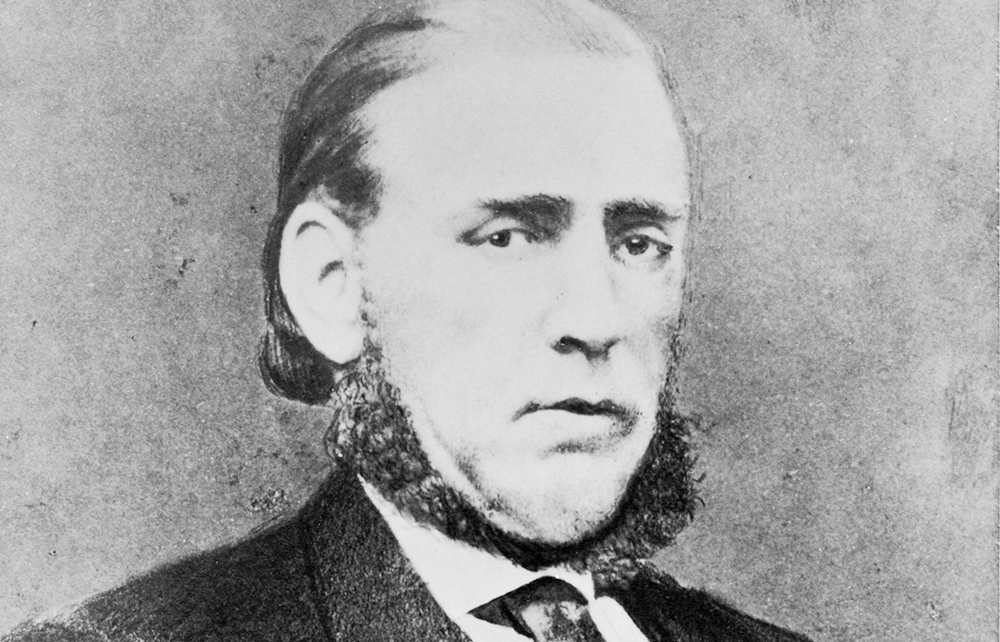‘Is this all that these modern ladies’ novels are to be about? People?’ So asks the bewildered author of Old St Paul’s, The Lancashire Witches, The Tower of London and three dozen other forgotten blockbusters stacked with costumed folderol. In Zadie Smith’s sixth novel, William Harrison Ainsworth disapproves, in 1871, of hiscousin-housekeeper, Eliza Touchet, reading a nameless story of dull village folk with ‘no adventure, no drama, no murder’. It can only be George Eliot’s Middlemarch.
The Fraud alights briefly on this quarrel, as it does on many Victorian topics. Yet Smith’s triple-pronged tale of imposture and masquerade, public lies and secret truths, often reverts to fiction’s role either as gaudy stage for the ‘human comedy’ or mirror for the hidden spirit. A person, muses Eliza, may be ‘a bottomless thing’, and ‘12 lifetimes too brief a spell in which to love a single soul’. To find ‘ultimate reality’, ‘the door opened inwards’.
But such a character as Arthur Orton, a.k.a. Tom Castro – the obese Wapping butcher who in 1866 returned from Australia claiming to be Sir Roger Tichborne, heir to a grand title and estate – might elude even Eliot’s subtle pen. His door opens on to a void. Fleshly but hollow, that gross actor may demand the antic theatricality of the predatory ‘vampire’ who stalks this novel – Charles Dickens. Since her debut, White Teeth, Smith has sought in fiction and essays to embrace both Eliot and Dickens people: layered souls and painted marionettes. In this, her first period novel, each claims a day, or year, in court.
Seen through the caustic gaze of the Scots, Catholic (but discreetly bisexual) Eliza, Ainsworth’s career makes up one suit in Smith’s deck. It runs from his prodigious heyday as a Kilburn celebrity in the 1830s, outselling Oliver Twist with his footpad romp Jack Sheppard, to his decline into a ‘whiskery, jowly, dejected, old man’, his fustian romances mocked and his female household – Eliza, three daughters and pert second wife, Sarah – mutinous.








Comments
Join the debate for just £1 a month
Be part of the conversation with other Spectator readers by getting your first three months for £3.
UNLOCK ACCESS Just £1 a monthAlready a subscriber? Log in